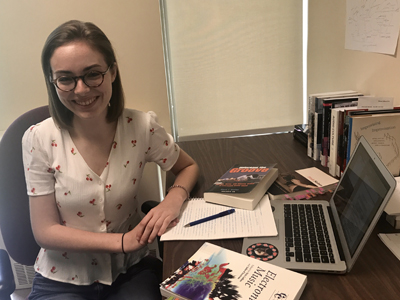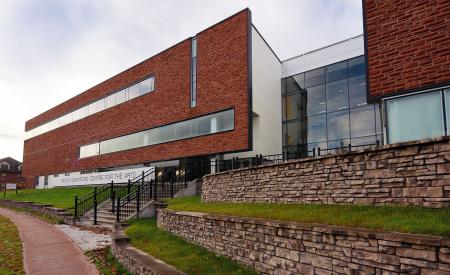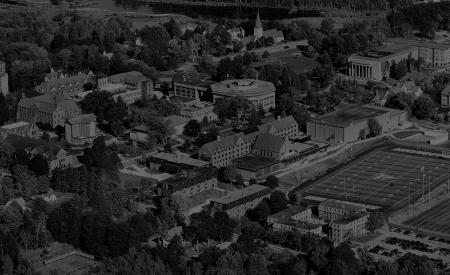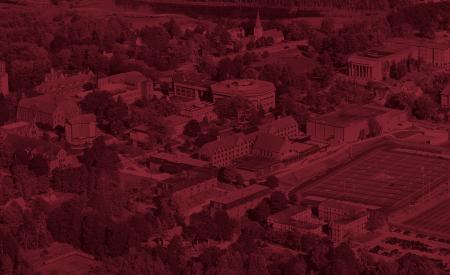Music student Emily Leavitt researches Women and Live Coding Music in the 21st century
 While mathematics and music have always gone hand-in-hand, one student researcher at Mount Allison University is spending her summer examining the intersections between coding and live electronic music around the world and the perspectives of female professionals and musicians in this field.
While mathematics and music have always gone hand-in-hand, one student researcher at Mount Allison University is spending her summer examining the intersections between coding and live electronic music around the world and the perspectives of female professionals and musicians in this field.
Emily Leavitt, who is studying piano performance at Mount Allison, is looking at women and live coding music in the 21st century. She is the recipient of an independent student summer research grant at the University, working with Music professor Dr. Kevin Morse.
“I’m working to find out more about women pioneers in electronic music and the role live coding has been playing in this genre,” explains Leavitt. “Being a piano student, this is a bit outside my usual area of study but I’m enjoying learning more about musical algorithms, coding, and what role gender may play in this area of work.”
Morse says this kind of summer experience is helpful to students, exposing them to different areas of study and research methods in addition to their regular classes as part of their undergraduate degree.
“Emily’s project this summer has been a unique and valuable opportunity for her to study a very of-the-moment form of music-making (live coding) in the kind of detail that wouldn’t be possible during the normal academic year,” says Morse. “She is formulating important interdisciplinary questions, figuring out how to explore and answer those questions, and connecting with and interviewing experts in the field from around the world.”
Leavitt will be interviewing female coders and musicians to learn more about their experiences in improvisation that comes with performing with live musical algorithms and coding. She is focusing on female contributors to learn whether gender plays a role in this work.
“This kind of performance practice can be a lot of fun but also comes with unknown risks and opportunities for the musician. There aren’t any prepared compositions, a lot of the music depends on the audience and other live factors,” says Leavitt. “While there are not many events of this kind in Canada yet, I’ve discovered unique shows like algro-raves, a rave with music solely based on live algorithms happening in the U.K. A lot of these events also incorporate visual art as well as the coding and performance components.”
A piano player since the age of six, Leavitt knew she wanted to study music at University. She says it was during her second year of studies that she really discovered how much she enjoyed the research and academic component of her studies, in addition to performance.
“I’m hoping to pursue a master’s degree in musicology after Mount Allison,” she says. “Courses and projects like this have helped me to hone my research skills and test new ideas. There isn’t a lot of discussion around electronic music in the music curriculum. I’m happy to have this opportunity to study this genre and explore these connections as part of my degree.”
Morse says this type of research experience at the undergraduate level can change the trajectory of a students’ career path.
“The independent summer research program that students like Emily can undertake at Mount Allison is remarkable,” says Morse.“Over the course of the summer, they get to experience first-hand what a career in research might be like, and at the same time develop some incredibly strong, practical skills that will serve them well in any career they choose.”
Leavitt will present her research findings at a Music department lecture in the Fall.




